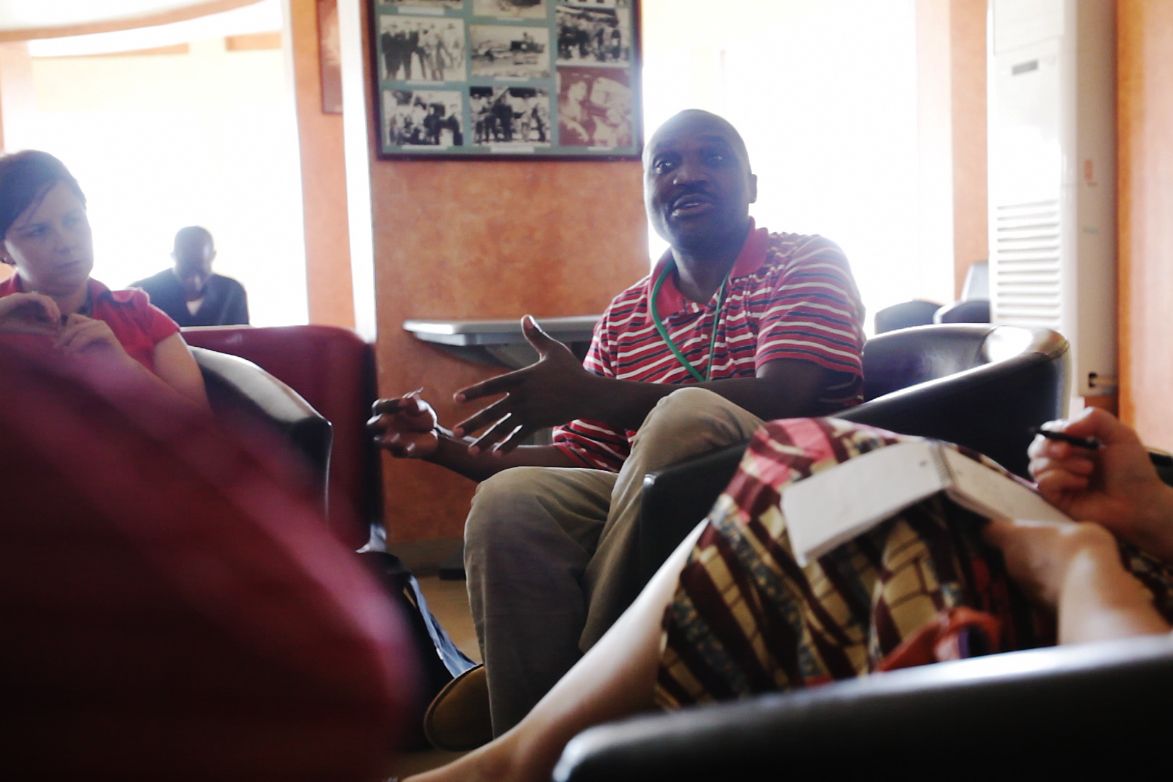The Pulitzer Center launched its collaborative reproductive health-reporting project last week at the International Family Planning Conference (IFPC) in Dakar, Senegal. The project brings together four journalists from Africa and four from the US who will collaborate to enhance local and international reporting about reproductive health across the continent.
The African journalists are Mae Azango of Liberia, Estelle Ellis of South Africa, Sam Olukoya of Nigeria and Ken Opala of Kenya. Their US counterparts are Christian Science Monitor correspondent Jina Moore, New Yorker editorial staffer Alexis Okeowo, and the Pulitzer Center’s managing director Nathalie Applewhite and visual media coordinator Jake Naughton.
Click on above rectangle to see playlist chapters.
More than two thousand reproductive health professionals and hundreds of journalists from all over the world participated in the conference, which sought to shine a spotlight on the unmet need for family planning services worldwide, and to focus on integrating family planning into general health services.
The Pulitzer Center hosted workshops with reproductive health and journalism professionals who discussed topics ranging from how best to report on vulnerable populations to thinking strategically about using data.
"It's great when you meet your colleagues from different parts of the world and you share experiences,” said Opala, a former investigative editor at The Nation Media Group in Kenya.
The African journalists were selected from a pool of over one hundred applicants based on the quality of their previous work and the strength of an investigative story proposal focused on reproductive health in their home countries. In Dakar, the eight journalists worked together to build on those story ideas and share experiences from decades of investigative work.
"I think by doing this we're getting closer to the truth of what female reproductive rights are in Africa and to tell the story of women and their children and their pregnancies and their lives in a more rounded way," said Ellis, chief reporter for The Herald in South Africa.
The reporting phase of the venture begins early next year. Each African journalist will be joined in his or her country by Naughton and Moore. They will produce reports for distribution in both local and international outlets.
